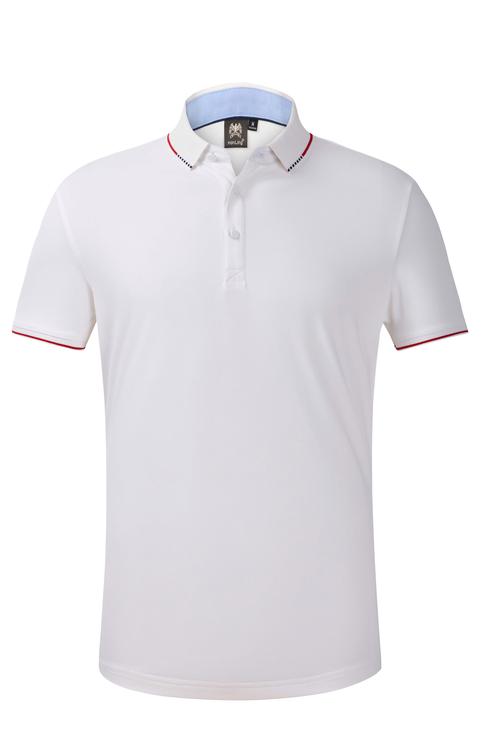T-shirt printing is a common and popular decorative process that adds visual effects and personalization by printing various patterns, text and images on clothing. On the market, there are many different printing processes to choose from, each with its own unique characteristics. Below are the secrets of several common T-shirt printing processes.
1. Screen printing: Screen printing is one of the most common and traditional printing methods. It uses a screen made of tiny holes through which the ink is transferred to the garment by applying pressure to the pattern on the screen. This printing method is suitable for simple graphics and large-area color blocks, and can be printed on various types of clothing.
2. Heat transfer printing: Heat transfer printing is a printing method that transfers designs to clothing through heat pressing technology. The design is first printed on special thermal paper and then transferred to the garment using heat pressing. This printing method is suitable for complex patterns and smaller area printing, and can be performed on T-shirts of various materials.
3. Digital printing: Digital printing is a printing method that uses computers and digital inkjet technology to print patterns directly on clothing. This printing method has the characteristics of high resolution and high color saturation, and can show complex patterns and details. Digital printing is suitable for small batch production and personalized customization needs.
4. Embroidery: Embroidery is a craft that passes threads through patterns on clothing to form patterns and text. It can be done by hand or machine and has high durability and texture. Embroidery can be used on various types of T-shirts and is especially suitable for decoration on logos and names.
5. Water-dye printing: Water-dye printing is a process that uses dyes and special printing technology to transfer patterns to clothing. The design is first printed on special paper, which is then treated with moisture and heat to allow the dye to penetrate into the fabric’s fibers, creating the pattern. This printing method is suitable for T-shirts made of different materials such as tulle and velvet.
These printing processes each have their own advantages and disadvantages, and choosing the appropriate printing method depends on design complexity, cost and personal preference. When choosing a printing process, factors such as pattern effect, durability and cost need to be considered to ensure that the final printing effect is satisfactory.






